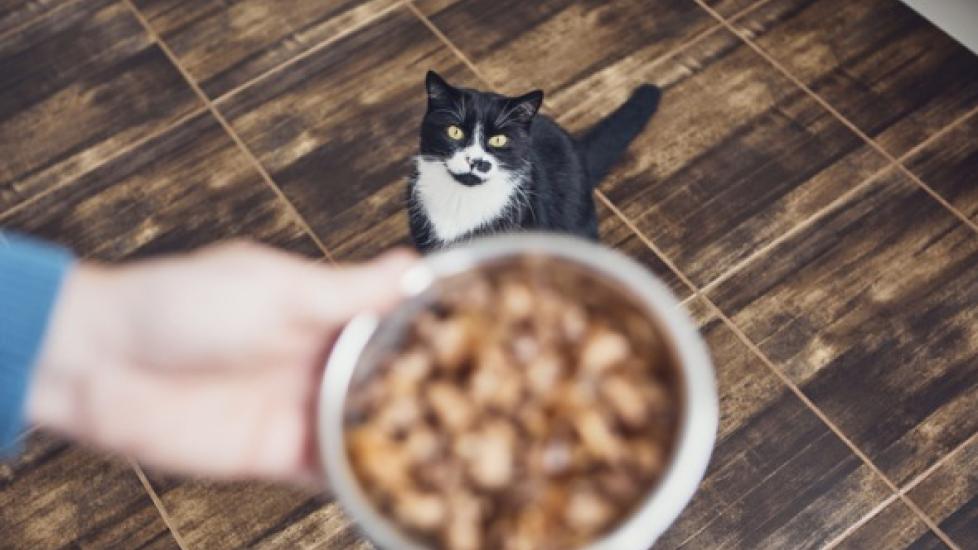Cats are cherished members of countless households, and ensuring their well-being is a top priority for responsible pet owners. A crucial aspect of feline care involves understanding the nutritional value of cat food ingredients. With a myriad of options available in the market, decoding the labels and comprehending the significance of each component is essential for optimizing cat health. In this exploration, we delve into the intricacies of cat food ingredients, shedding light on key elements that contribute to a feline’s overall well-being.
Protein Prowess
At the core of any feline diet lies the significance of protein, a crucial building block for cat health. Cats are obligate carnivores, meaning their bodies rely heavily on animal-derived proteins for essential nutrients such as taurine. Examining the protein source and quality of cat food is paramount. High-quality, animal-based proteins, like chicken or fish, not only meet a cat’s biological needs but also support muscle development, immune function, and overall vitality. Understanding the protein content in cat food ensures that our feline friends receive the nutrition they need for a thriving, active life.

Navigating the Fat Frontier
Dietary fats play a pivotal role in maintaining a cat’s energy levels, promoting healthy skin and coat, and supporting vital bodily functions. Optimal cat nutrition involves assessing the types of fats present in their food. Essential fatty acids, such as omega-3 and omega-6, contribute to a glossy coat and support cognitive function. On the other hand, excess unhealthy fats can lead to obesity and related health issues. By carefully scrutinizing fat content and sources, pet owners can make informed choices that positively impact their cat’s health and well-being.
Carbohydrates in Cat Cuisine
While cats are obligate carnivores, some carbohydrates can still be beneficial in their diet. Carbohydrates contribute to the energy requirements of felines and aid in digestion. However, excessive or inappropriate carbohydrate content can pose health risks such as obesity and diabetes. Discerning the source and proportion of carbohydrates in cat food is crucial for maintaining an optimal balance in their diet. By striking the right balance, cat owners can ensure that their pets receive the necessary energy without compromising their health. Incorporating nutrient-rich options like cat food sardines can further enhance the overall nutritional profile, contributing to the well-being of feline companions.
Conclusion
In the quest for optimizing cat health, unraveling the nutritional value of cat food ingredients is a fundamental responsibility for pet owners. By understanding the significance of protein, navigating the fat landscape, and discerning the role of carbohydrates, cat owners can make informed choices that contribute to the overall well-being of their feline companions. As the bond between humans and cats deepens, a commitment to providing nutritionally sound cat food becomes pivotal, ensuring our beloved pets lead healthy, vibrant lives.



